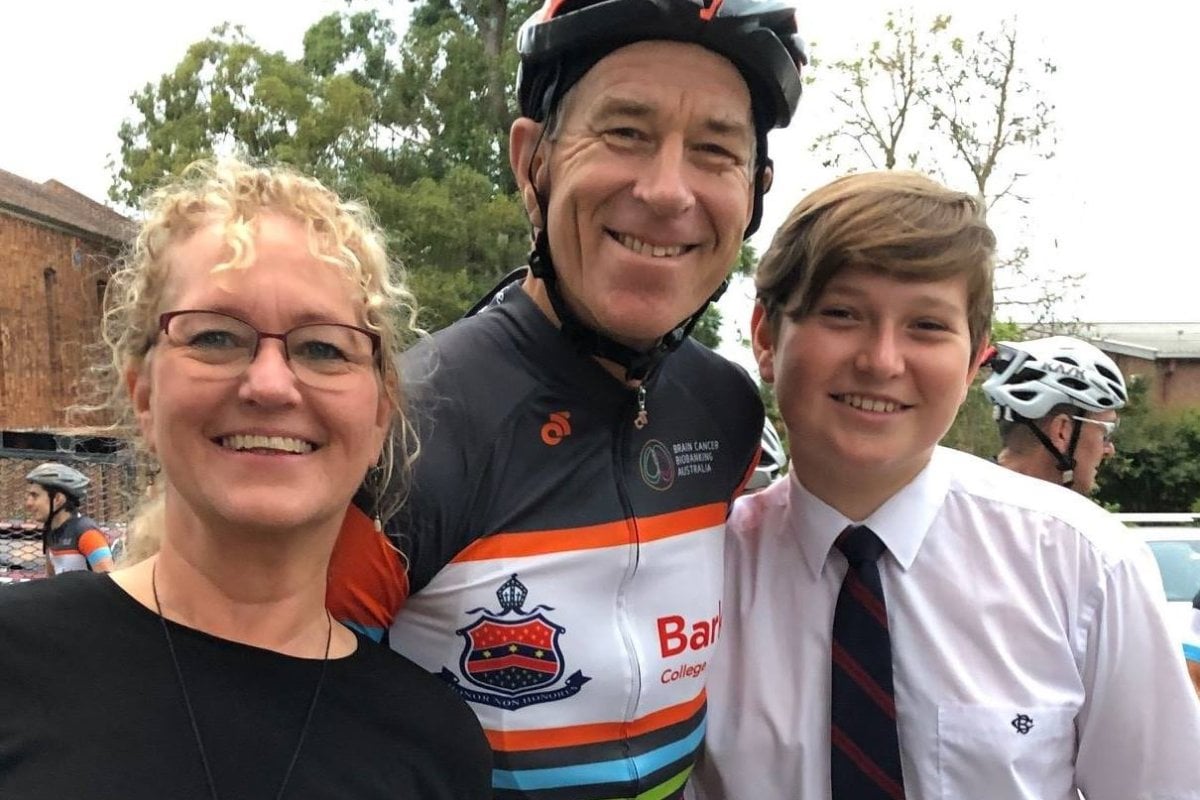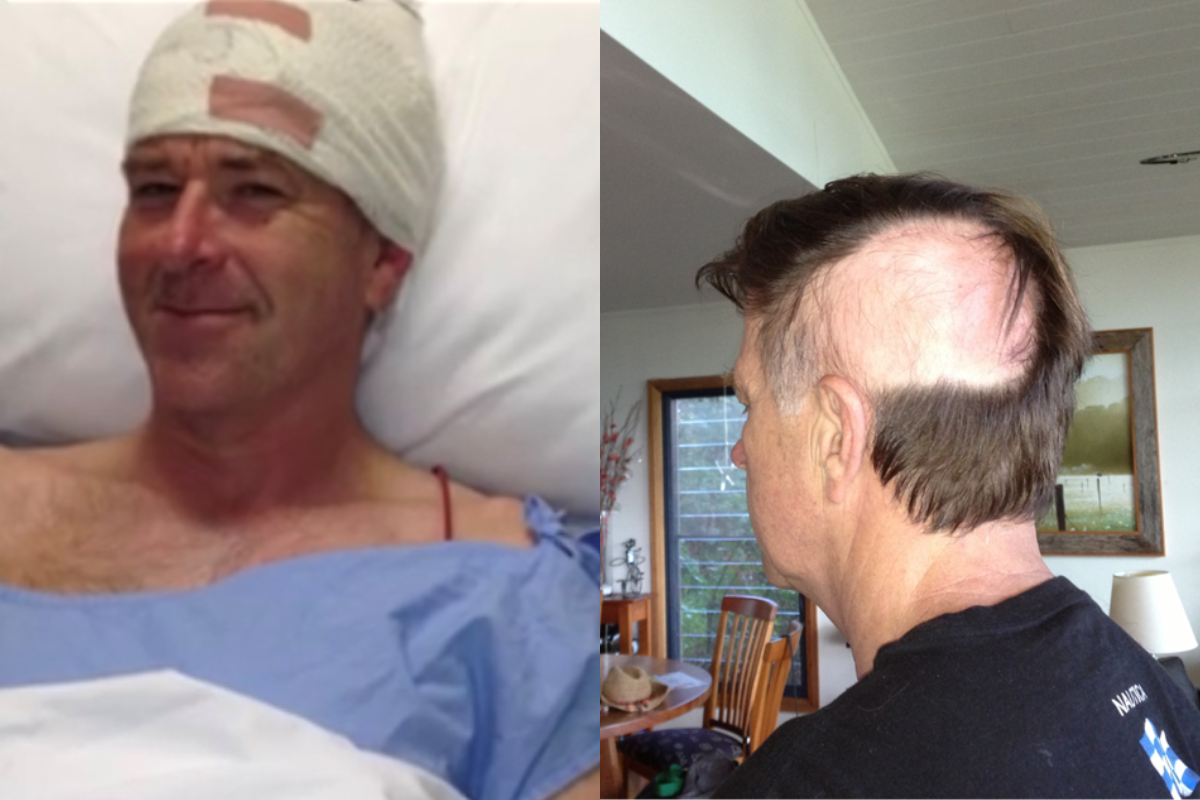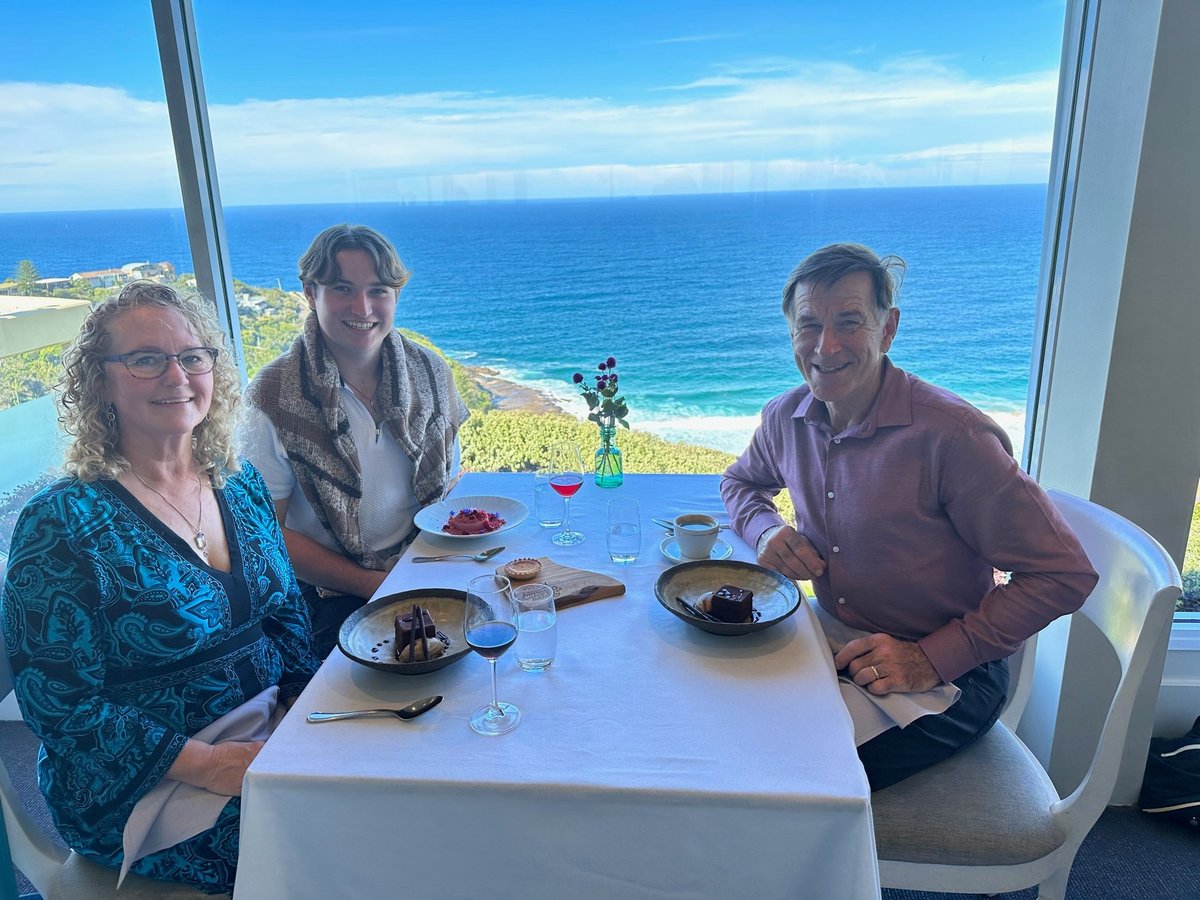
My life changed forever on June 30, 2013, when we first discovered that my husband had brain cancer.
Our friends had stayed over after dinner and a couple of glasses of wine. We waved them off, then my husband Ross set off on his usual bike ride.
Afterwards, instead of seeing him walk through the door with a hello, I heard a loud bang and swearing in our carport. The friend who was cycling with Ross thought he might be dehydrated, but he just kept repeating the same words, "This is so weird" and he didn’t recognise who I was or even our son, Max.
I knew something was significantly wrong and called 000. At the hospital, doctors discovered he had a seizure while riding his bike and the cause was a brain tumour. The initial belief was that he had a benign tumour but after further analysis, they found it to be cancerous.
Watch: Some major warning signs of Brain Tumour. Post continues after video.
We were able to put off the surgery for a few weeks so we could attend our older son’s wedding. Ross seemed fine and looked normal until he got up to make his speech at the reception. He was having a hard time getting words out, and they were not in his usual engaging, funny style. The implications of brain cancer were beginning to sink in for me.



Top Comments